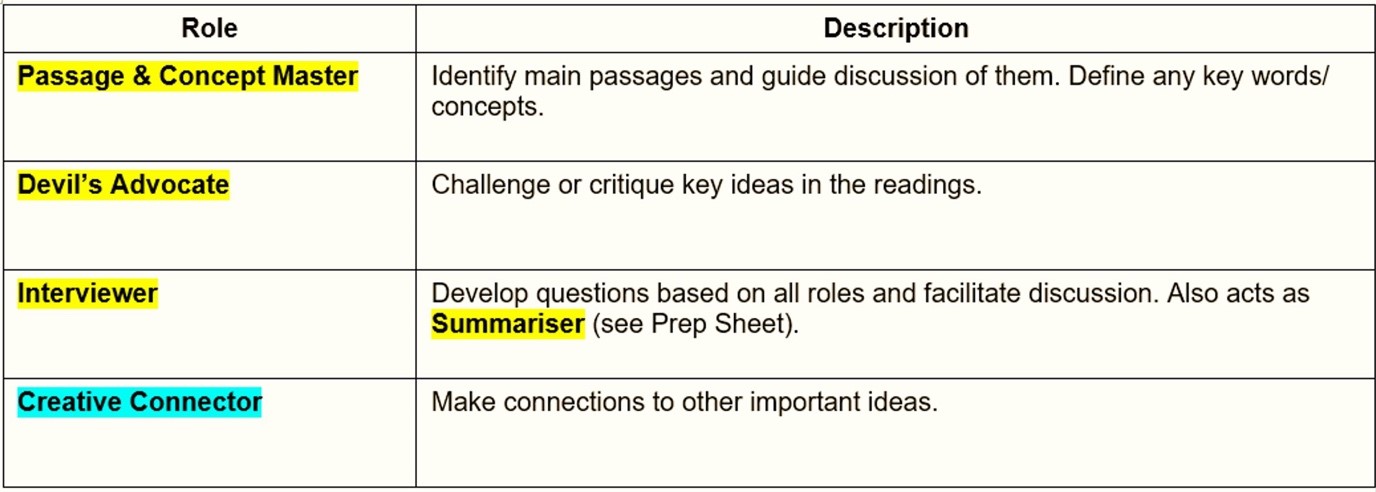Chris Macallister, Social Science Foundation Programme
The Student Need:
Many students beginning a foundation degree in the social sciences lack experience of working with longer texts. Engaging across hundreds of pages in an academic monograph or indeed a textbook, is not something they have any real experience of. The process of extracting meaning from a text and applying that information is thus a real challenge for students. On the Social Science Foundation programme, we sought to address this with a new task focused on teaching the capabilities needed to engage with longer texts.
The Task:
Working in groups students were allocated one of two three-hundred-page monographs. Over the course of two semesters students read through their book and at the end of semester 2 they need to create an academic poster for a poster conference which closes the programme at the end of May. This is the final part of their summative assessment. To support students note taking skills were integrated into the curriculum, and monthly ‘check-in’ classes were held were we debated and analysed aspects of the texts. In addition, we had a dress rehearsal poster conference to practice relevant skills and acclimatise students. A key aspect was drawing on the support of the University Library to ensure the texts were available and supported through BibliU.
The Pedagogical Gambit – a Reading Circles Approach:
The task outlined above follows many of the pedagogic principles we often draw on: a scaffolded approach, a series of formative tasks building towards a final summative task, and ensuring students are fully equipped with what they need to achieve success in the final assessment. However, it still left the students going in cold to the challenge of engaging with a longer text; how do they begin? Do they simply start reading at page 1, do they divide up the book and each begin a chapter? Apart from the need to create a poster, why are they reading, what should their intellectual stance be?
To break through these entry barriers, we drew on the work of critical educator Paulo Freire. As part of his work on adult literacy Freire looked to develop and embed a wider culture of literacy. The element we drew on was to ask students to approach the texts through assigned roles. The table below sets outs the roles.

In the lead up to each ‘check-in’ class the groups were asked to read particular sections, and each student was assigned a particular role. Roles were switched throughout the year as the students moved through the book. The roles created the opportunity to have students work across their groups in working parties consisting of their fellow devil’s advocates, concept master etc. This encouraged a collegiate approach across the class and created support structures.
The Feedback:
The first iteration of this task reaches its conclusion in May 2022. To date we have seen strong student engagement. This is evidenced through: student contributions in the check-in classes, a successful dress rehearsal poster conference, and the organic integration by the students of ideas from the texts into wider classroom discussions and debates.
Chris Macallister, director of the social science foundation programme: c.macallister@surrey.ac.uk